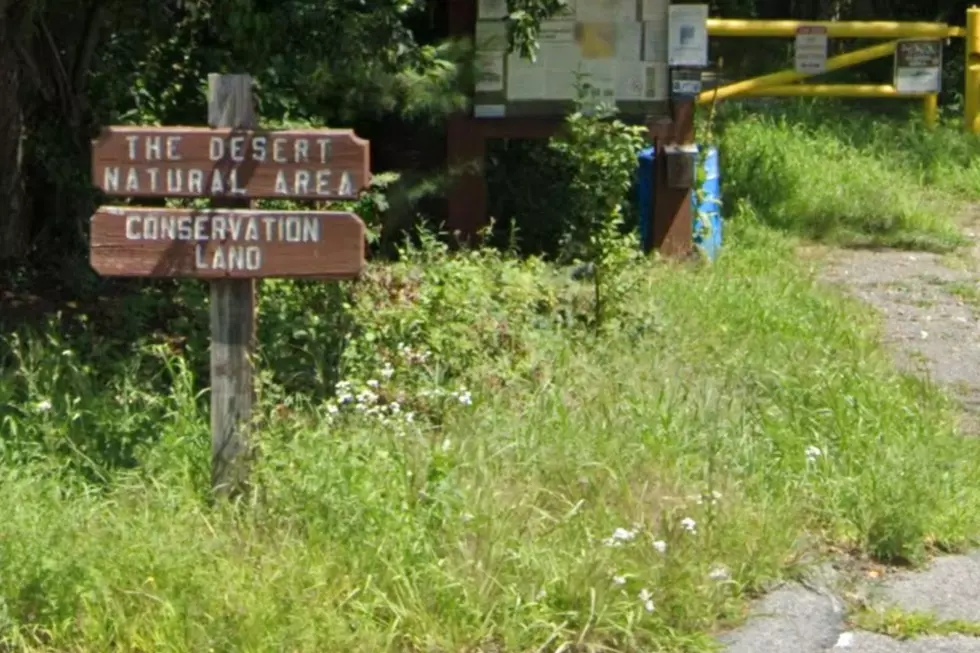
Bagged: Dartmouth Votes for Restrictions on Plastic Bag Use
DARTMOUTH — Everybody has that one drawer in the house, simply used for stuffing plastic bags into after a trip to the grocery store. These bags can pile up rather quickly, so much so that many of them are relegated to landfills and recycling plants, or worse, end up as litter.
The Town of Dartmouth voted to pass an article on Tuesday calling for a restriction on the use and distribution of thin film plastic bags with a thickness less than 1.0 millimeter by certain merchants. Article 27, sponsored by the Select Board, only applies to merchants with a gross floor area of 5,000 square feet or larger. The measure was passed unanimously by the Finance Committee, but only passed 3-2 on the Select Board.
Select Board Chairman Shawn McDonald provided one of the three votes in favor of Article 27, and says it’s “a good start” for the town. McDonald went on to say that the town can’t afford to wait for the state, which plans on passing its own regulations for the Commonwealth sometime next year.
“We can’t wait for the state to do what they need to do. We’re still waiting for the state to do a tobacco ban for people under 18, and it’s been years and years and years,” said McDonald. “You have to start somewhere and I think this is a good start. I for one am going to have to change my way of doing things, but I’ve done it before so I don’t have a problem doing it again.”
Select Board Member Stanley Mickelson shared a similar, but harsher sentiment towards the pace at which state-wide regulations and legislations are passed on Beacon Hill, saying “the Town of Dartmouth has always been leaders, we’re not followers. That’s why we passed this today.”
“There was a comment by one of the Select Board members that the state was on the cusp of passing a similar plastic bag by-law,” Mickelson said. “The last time I saw the state on the cusp of anything was when they passed their pay raises in the middle of the night on a Friday night. That’s what they do for us.”
The restriction only applies to bags uses at the point of sale and allows merchants to use thin film bags to hold bulk items, bakery products, flowers or potted plants, meat or seafood, and newspapers or other periodicals that are not prewrapped inside of the establishment.
Plastic bags thicker than 1.0 millimeter will be permitted by the town, allowing for merchants to use plastic bags for large or bulky items such as clothing and linens. The restriction does not apply to items which are prepackaged and manufactured by the manufacturer or wholesaler. While certain plastic bags are banned, the article allows for merchants in the town to use and distribute paper bags, as they can be recycled and are biodegradable.
A complete ban on plastic bags would have fully satisfied Environmental Affairs Coordinator Mike O’Reilly, but he says he is happy with town’s decision to move in the right direction. O’Reilly says that one of the major problems plastic bags cause in the environment is that they never truly biodegrade.
“What they do is they break down into smaller and smaller and smaller particles and those smaller particles are called micro plastics,” O’Reilly explained. “The micro plastics are contaminating the ocean at a fairly significant way. There’s been some recent data collected that illustrates the problem and it’s a bit shocking.”
O’Reilly referred to data collected from the furthest point from land on Earth, located in the South Pacific Ocean, called Point Nemo. He says that recent water samples from Point Nemo have shown high levels of micro plastics.
According to O’Reilly, just a simple walk down the coast line at a local beach can show the effects that plastic bags have had on the local environment as well.
“Everything from the old six-pack ringers, to plastic bags to Styrofoam cups. We spend a lot of time and effort trying to clean up the stuff along the shore, and that’s only the stuff you can see,” said O’Reilly. “The stuff you can’t see is out there in the water column and interfering with the food web. It’s becoming more and more of a problem and we need to do something about it.”
Select Board member Frank Gracie provided one of the two votes against adopting Article 27, but also agrees that the move is a good start to reduce the amount of plastic bag usage in Dartmouth. Gracie says that he expects the state’s plastic bag ban to be in effect sometime next year, therefore making the town initiative ineffective, calling the article a “feel good motion.”
The town will provide merchants with a one-year transition period before the ban is in effect, which is expected to be some time after the state-wide regulations come into effect and void all local laws.
More From WBSM-AM/AM 1420









